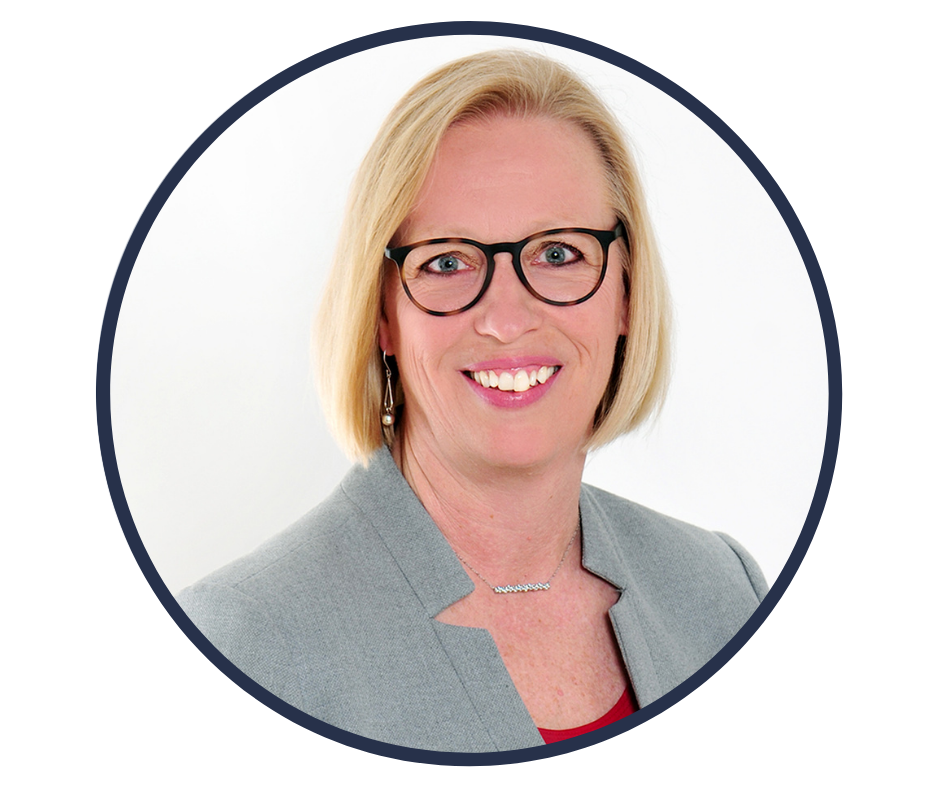Telerehab: The Vehicle for Rehabbing the Treatment of MSK Problems

Telerehab: The Vehicle for Rehabbing the Treatment of MSK Problems
1 hour 30 minutes
The instructors
Like mental health issues, 90% of people are very resilient after a challenging life event or injury. The ones who need our help after an injury are not those whose tissues didn't heal well. They are the individuals whose fears, beliefs and worries have sidelined them enough that they can't re-engage with their life. When we lose resilience, it requires a biopsychosocial lens to understand which factors may need to be addressed in order to help our patients re-engage with their life.
Lifestyle factors may also be a significant reason why these folks lose their physical resilience. These factors are generally poorly understood and are typically not considered by most physiotherapists as a key deliverable in rehabilitation.
The benefits of changing our practice style to a lifestyle approach within a biopsychosocial framework is theoretically understood by most Canadian PT's but practically under utilized across Canada. There are significant barriers to implementation leaving many therapists spinning their wheels despite acknowledging that change is necessary. Overcoming these barriers becomes the biggest challenge. Some of these barriers include:
- Deep reform needed in academia to meet these changes
- Significant continuing education dollars spent on manual therapy and toolkit-based modalities (dry needling, acupuncture) with a lack of resources spent on lifestyle medicine and communication skills- we may not be taking the best courses to be successful in the current environment of rehabilitation that we are being called to practice in
- Current set-up of most private practices in open, gym-based style with a lack of private offices to have real and meaningful discussions with clients to change behaviours/beliefs and lifestyle interventions
- Time constraints of putting into practice a biopsychosocial model
Telerehab is the vehicle for change in the face of these very real barriers to implementing a lifestyle approach within a biopsychosocial framework. It allows that dedicated one-on-one time when there is no office space available. It allows dedicated time to really listen to your clients, and look at behavioural change rather than focus on tissue health alone.
Instead of looking at the pandemic as an inconvenient truth of 2020 and beyond, we could use it to embrace a model shift that is long overdue. A blended model of in-person care and telehealth coaching that can help us truly shift our clinical practices.
The instructors

PT, PhD
Dr. Sinéad Dufour is an Academic Clinician who shares her time between clinical and academic pursuits. Academically, Sinéad is an Associate Professor at McMaster University and serves as content expert in perinatal care, pelvic health and pain science with FIFA Medical. Her current research interests include conservative approaches to optimize pelvic floor function (including innovative technologies), pregnancy-related pelvic-girdle pain, interprofessional collaborative practice models of service provision to enhance pelvic health and perinatal fitness for elite athletes.
Clinically, Sinéad serves as the Chief Clinical Officer of Compass Rose Pelvic Health, an international virtual physiotherapy company she co-founded, with a mandate to guide clients on their journey to pelvic health creation through a bio-psycho-social-spiritual lens. Sinéad is also a founding partner of The WOMB (World of my Baby) a company with six locations providing Ontarians with optimized perinatal (and beyond!) care. Sinéad is a fierce advocate who has and continues to dedicate her time to organizations that aim to improve perinatal care, pain care and pelvic health services including: The Society of Obstetricians and Gynecologists of Canada, The Canaidan Society of Pelvic Medicine, Lansinoh International, and Urospot (Canada & UK).
A clinician, researcher and educator, Sinéad brings experience, credibility and passion into all of her teaching and is a well-recognized speaker at conferences around the world.
Relevant Links:
IG: @dr.sinead
IG: @compassrosepelvichealth
https://healthcare.lansinoh.com/pages/clinical-advisory-network

BHSc (PT)
Carolyn is the co-owner of Reframe Rehab, a teaching company engaged in breaking down the barriers internationally between pelvic health, orthopaedics and pain science. Carolyn has practiced in orthopaedics and pelvic health for the past 37 years. She is a McKenzie Credentialled physiotherapist (1999), certified in acupuncture (2002), and obtained a certificate in Cognitive Behavioural Therapy (CBT) in 2017.
Carolyn received the YWCA Women of Distinction award (2004) and the distinguished Education Award from the OPA (2015). Carolyn was recently awarded the Medal of Distinction from the Canadian Physiotherapy Association in 2021 for her work in pelvic health and pain science.
Carolyn has been heavily involved in post-graduate pelvic health education, research in lumbopelvic pain, speaking at numerous international conferences and writing books and chapters for the past twenty years in pelvic health, orthopaedics and pain science.